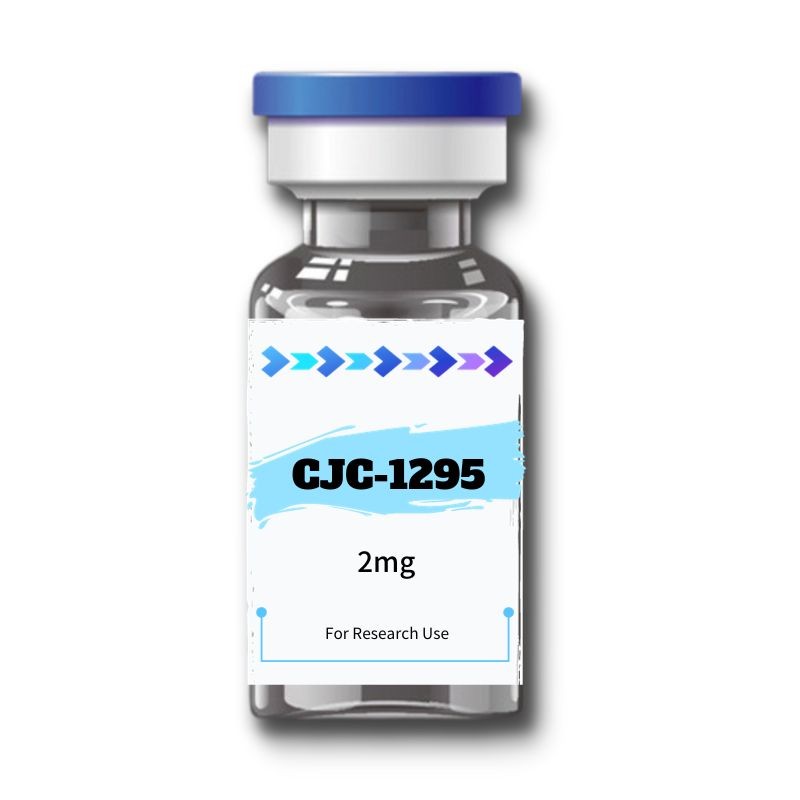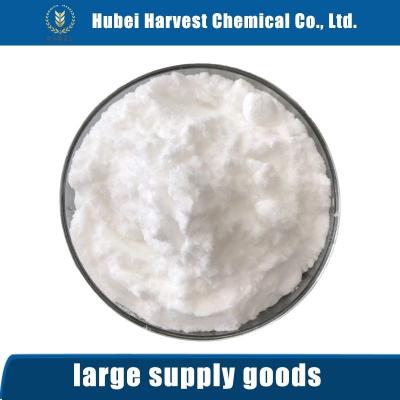cjc-1295, also known as DAC: GRF (short for drug affinity complex: growth hormone-releasing factor), is a synthetic analogue of growth hormone-releasing hormone (GHRH) (also known as growth hormone-releasing factor (GRF)) and a growth hormone secretagogue (GHS) which was developed by ConjuChem Biotechnologies. It is a modified form of GHRH (1-29) with improved pharmacokinetics, especially in regard to half-life.
CJC-1295 markedly increases plasma growth hormone (GH) and insulin-like growth factor 1 (IGF-1) levels in both animals and humans. With a single injection, in human subjects, CJC-1295 increases plasma GH levels by 2- to 10-fold for 6 days or longer and plasma IGF-1 levels by 1.5- to 3-fold for 9 to 11 days. The drug has an estimated half-life of about 6 to 8 days in humans. With multiple doses of CJC-1295, IGF-1 levels were found to remain elevated in humans for up to 28 days.
CJC 1295 With DAC’s overall functionality has led scientific study based on animal test subjects to determine that the peptide can be the source of a host of theorized benefits. Most of these benefits relate to an increase in protein synthesis, which is directly correlated to the peptide’s ability to increase the half-life of GHRH1-29 by a significant amount. Some of these relational benefits include an increase in bone density, a more efficient means of weight loss, a boost in muscular tissue proliferation, and a faster recovery from injury.
CJC-1295 DAC vs. CJC-1295 No DAC
CJC-1295 DAC and CJC-1295 (also known as Modified GRF 1-29) are both Growth Hormone Releasing Hormones (GHRH). Their action in the human body is identical but the difference between the two peptides are the span of the half-life. Modified GRF 1-29 and Sermorelin have a very short-acting half-life of about 30 minutes, while CJC-1295 DAC has a half-life that can last up to approximately 8 days. Many a scientist have reported that the short half-life of Sermorelin and Modified GRF 1-29 is considered to be much more natural as they produce a short pulse of Human Growth Hormone.
Products are sold strictly for research purposes only, not for human consumption.
Storage: Lyophilized peptides although stable at room temperature for 3 months, should be stored desiccated below -18°C. Upon reconstitution of the peptide, it should be stored at 4°C between 2-21 days and for future use below -18°C.

CJC-1295 markedly increases plasma growth hormone (GH) and insulin-like growth factor 1 (IGF-1) levels in both animals and humans. With a single injection, in human subjects, CJC-1295 increases plasma GH levels by 2- to 10-fold for 6 days or longer and plasma IGF-1 levels by 1.5- to 3-fold for 9 to 11 days. The drug has an estimated half-life of about 6 to 8 days in humans. With multiple doses of CJC-1295, IGF-1 levels were found to remain elevated in humans for up to 28 days.
CJC 1295 With DAC’s overall functionality has led scientific study based on animal test subjects to determine that the peptide can be the source of a host of theorized benefits. Most of these benefits relate to an increase in protein synthesis, which is directly correlated to the peptide’s ability to increase the half-life of GHRH1-29 by a significant amount. Some of these relational benefits include an increase in bone density, a more efficient means of weight loss, a boost in muscular tissue proliferation, and a faster recovery from injury.
CJC-1295 DAC vs. CJC-1295 No DAC
CJC-1295 DAC and CJC-1295 (also known as Modified GRF 1-29) are both Growth Hormone Releasing Hormones (GHRH). Their action in the human body is identical but the difference between the two peptides are the span of the half-life. Modified GRF 1-29 and Sermorelin have a very short-acting half-life of about 30 minutes, while CJC-1295 DAC has a half-life that can last up to approximately 8 days. Many a scientist have reported that the short half-life of Sermorelin and Modified GRF 1-29 is considered to be much more natural as they produce a short pulse of Human Growth Hormone.
Products are sold strictly for research purposes only, not for human consumption.
Storage: Lyophilized peptides although stable at room temperature for 3 months, should be stored desiccated below -18°C. Upon reconstitution of the peptide, it should be stored at 4°C between 2-21 days and for future use below -18°C.








